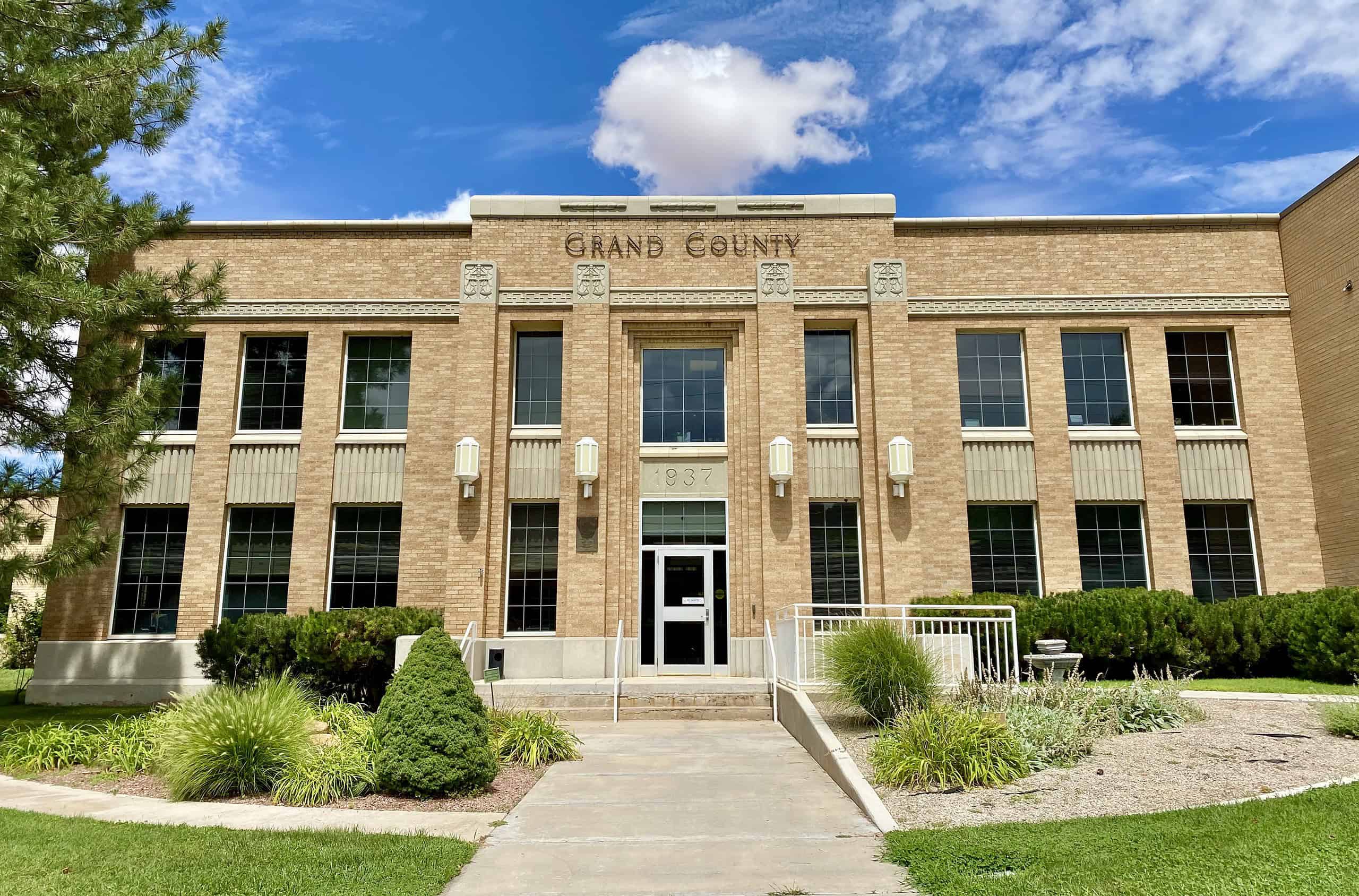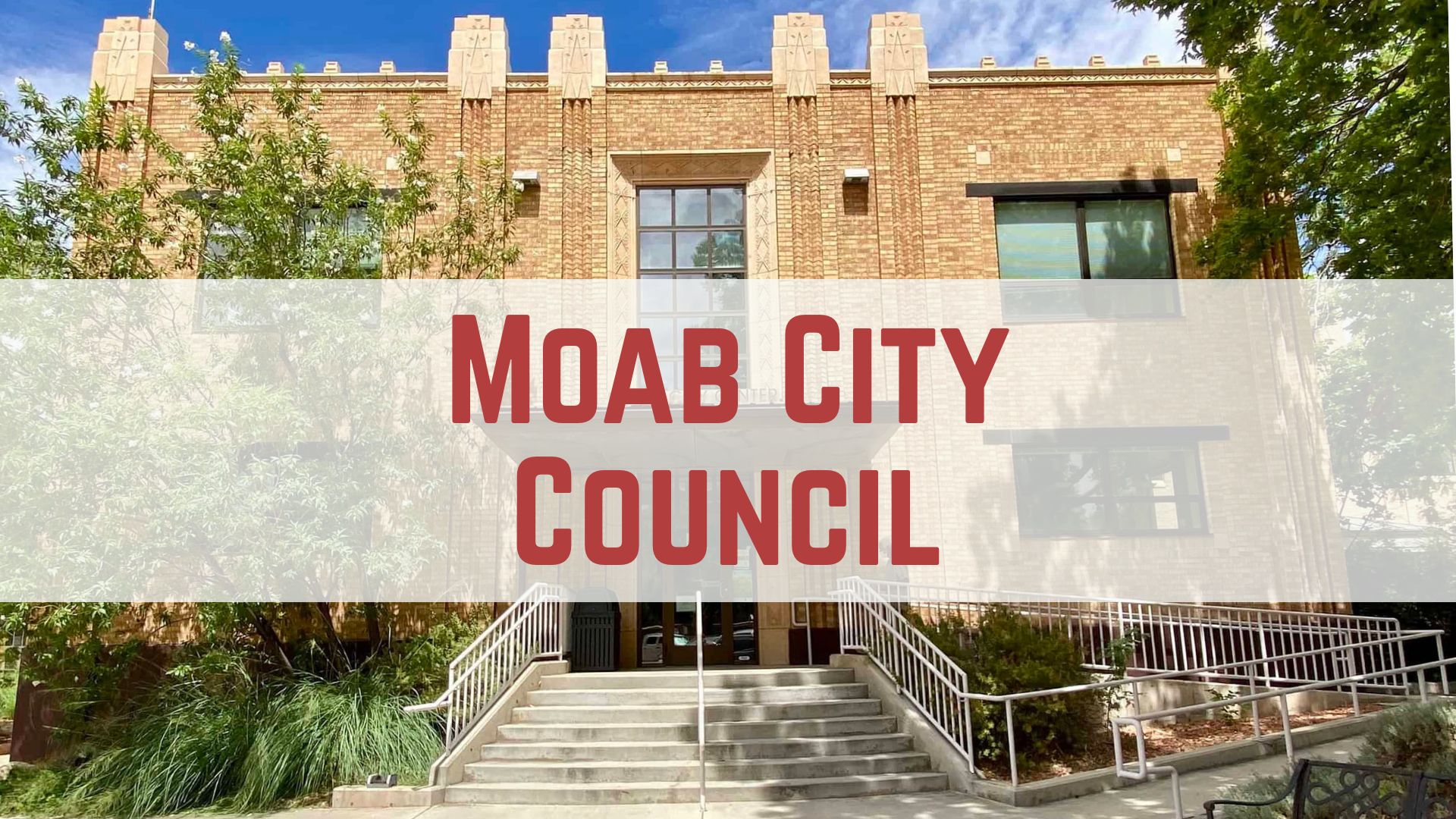Some information may be outdated.
Grand County commissioners gave a nod to four potential developers who submitted their intentions to apply for the Alternative Dwelling Overlay. The “intent to apply” step gives potential applicants a chance to see if the commission thinks their proposal is generally a good idea, before investing time and money into a full, formal application.
The Alternative Dwelling Overlay is a pilot program meant to allow for nonconventional housing, such as tiny homes and RVs, to be used as long term residences for people employed in Grand County. Staff and elected officials spent months working out the details of the ordinance, which outlines specific requirements as well as guidelines for appropriate locations for Alternative Dwelling developments. The pilot program is capped at 150 units.
At a workshop ahead of the Jan. 17 meeting, commissioners discussed eight “intent to apply” submissions totaling 143 units. Two of the applicants had been active in discussions that shaped the ADO, including manager of the outfitter and guide company Navtec Brian Martinez and owner of long term RV park the Contractor’s Roost Dan Stott; those proposals are for 28 dwelling sites and 14 dwelling sites, respectively. Another intent to apply proposes adding 32 units to an existing RV and mobile home park and campground, and a fourth proposes 36 units on a 2.4 acre site on South Highway 191.
Commissioners unanimously agreed that the above four applications met the criteria outlined in the Alternative Dwelling Overlay. That doesn’t amount to an approval of the projects; the applicants will have to complete full applications to be fully reviewed by staff and officials. The four applications add up to 110 of the 150 available units in the pilot program.
Commissioners considered the other four intent to apply submissions, but ultimately none of them received further encouragement to carry on with a full application, with commissioners concerned about how well they fit into the neighborhoods surrounding them. That doesn’t mean those prospective developers can’t proceed with the application process; but they’re forewarned that not all commissioners are convinced that those projects are the best candidates for the overlay.
Appreciate the coverage? Help keep local news alive.
Chip in to support the Moab Sun News.





